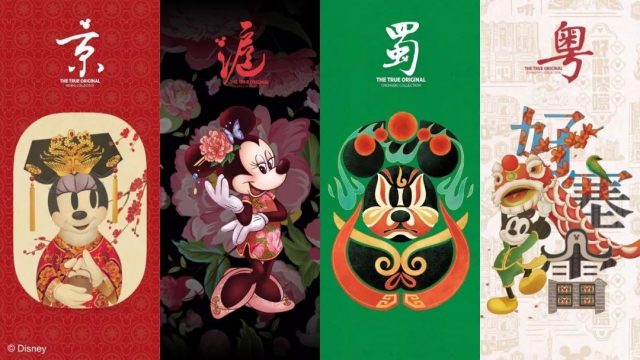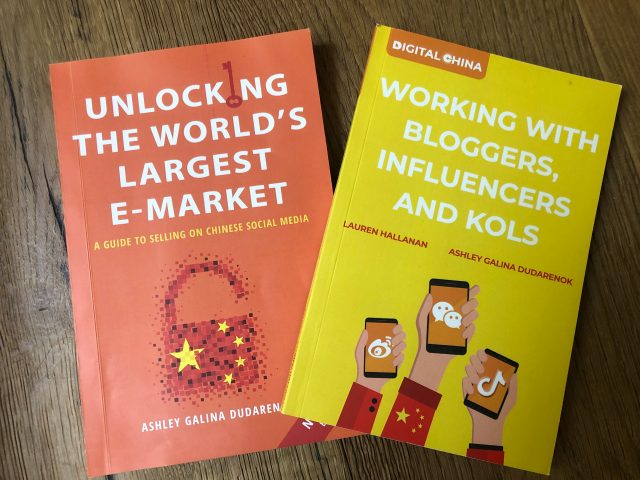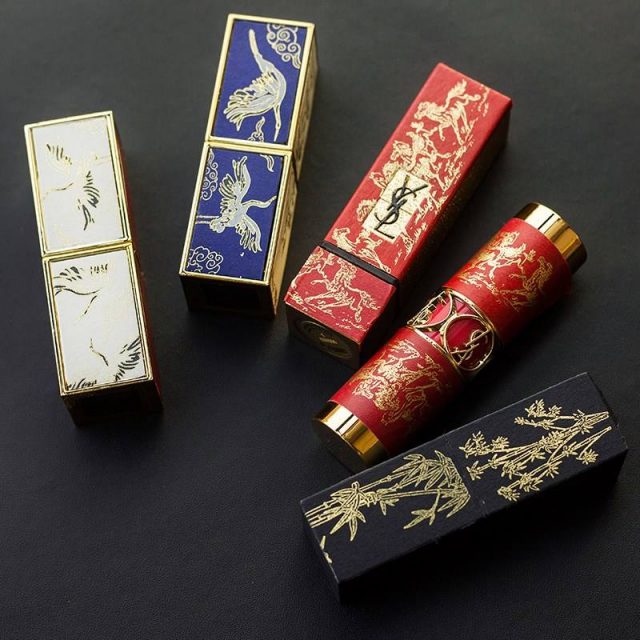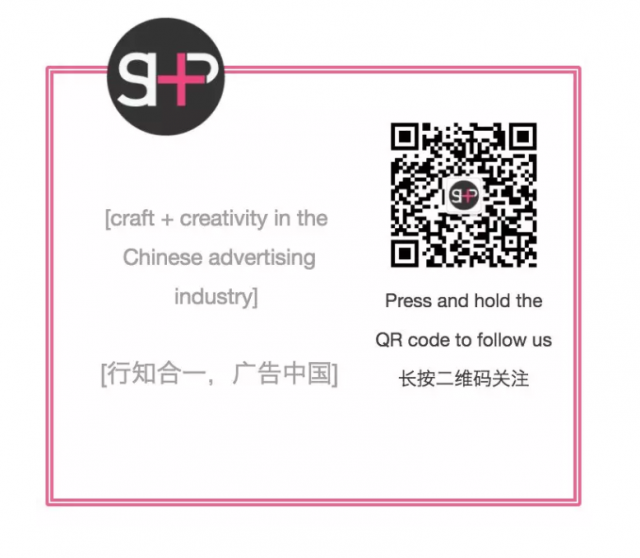We can’t help but notice that hardly a week can pass in which a Western brand doesn’t offend Chinese consumers. SHP+ has already reported on these issues on numerous occasions, most recently in the Cancel Culture piece. And interestingly enough, the issue was discussed at Cannes Lions Festival, particularly in the panel called “Connecting Culturally in China” with panelists Ashley Galina Dudarenok, a Chinese marketing expert, Terence Chu, CEO and founder of APAX group, and Peggy Fang Roe, chief of sales and marketing officer for Marriott International and moderated by Rachel Catanach, senior partner and president of Fleishman Hillard Greater China.
我们不得不注意到,过不了一个星期,一个西方品牌就会得罪中国消费者。SHP+已经在各种场合报道过这些问题,最近的一次是在Cancel Culture上。更为有趣的是在戛纳创意节上,又一次讨论起这个问题,特别是在一个称为“中国文化连接”的座谈小组中,座谈组成员有Ashley Galina Dudarenok,中国营销专家,Terence Chu,APAX集团的创始人和CEO,还有Peggy Fang Roe,万豪国际的销售和市场营销总监,主持人为Rachel Catanach,她是福莱国际大中华区的高级合伙人和董事长。

The panel discussed the variety of misfortunes happening to foreign brands operating in China. For example, as recently as last week, the Swiss Bank UBS made an unfortunate comment resulting in them losing a bond deal with China. The comment made by Paul Donovan, global chief economist at UBS’s wealth management business was: “Does this matter? It matters if you are a Chinese pig. It matters if you like eating pork in China.” The offense was taken when the comment was considered as directed towards the people, and not the livestock. These mishaps do not seem to be stopping and can happen in any industry, so, as experts on China market, the panelists weighed in on these issues.
该小组讨论了在华经营的外国品牌遭遇的诸多不幸。例如,就在上周,瑞士银行瑞银(UBS)发表了不当的评论,导致他们失去了与中国的一笔债券交易。瑞银负责财富管理业务的全球首席经济学家Paul Donovan做出的评论是:“这有关系吗?如果你是一头中国猪,这样会有关系。如果你在中国你喜欢吃猪肉,这有关系。”因为这番话被认为是针对人而非针对牲畜,人们觉得这是一种冒犯。这些灾难似乎并没有停止,而且可能发生在任何行业。因此,像中国市场的专家一样,与会者们对这些问题进行了讨论。

Ashley Galina Dudarenok stressed that China has a sense of pride that comes from the fact that after “300 years of humiliation from Western powers” people have lifted themselves from poverty, and have had huge technological advancements and are extremely proud of it.
Ashley Galina Dudarenok强调道,中国有一种自豪感,这种自豪感来源于,在遭受了西方列强300年的侵辱之后,人民终于摆脱了贫困,取得了巨大的技术进步,中国对此感到无比自豪。
The discussion continued to tackle the disconnect between Chinese and the Western cultures; and how the thought that there is one way of doing business that will work for all the markets is wrong. Peggy Fang Roe gave an example of a global wellness company who wanted to establish themselves as a global brand with global positioning. The campaign in the US involved people waking up early in the morning and exercising, whereas in China they went the opposite way and turned the campaign into a “Night runner’s campaign”.
讨论继续解决中西方文化的差异问题;那种认为只有一种经营方式能适通行于各种市场的想法是错误的。Peggy Fang Roe举了一个全球健康公司的例子,该公司希望将自己打造成一个全球品牌,将自己定位为全球性的企业。这项活动在美国要求人们早起锻炼,而在中国,人们则相反,它成为了 “夜跑者的活动”。
APAX was in charge of the infamous D&G event in Shanghai. Terence Chu thinks the brand should have studied the culture more as the purpose of the event was the celebration of the Chinese culture, and sadly the brand did not seem to understand that very well in the end. For a Chinese consumer it is important to feel an emotional attachment to the brand.
APAX负责声名狼藉的上海D&G事件。Terence Chu认为品牌应该更多地研究文化,因为该活动的目的是为了弘扬中国文化,但遗憾的是,该品牌最终似乎没有很好地理解这一点。对于中国消费者来说,对品牌有情感上的依恋是很重要的。

Contrary to their Western counterparts, Chinese brands listen to the customers and adapt to their demands, which is made even more possible with the unique social media system that has developed in the country.
与西方品牌不同的是,中国品牌倾听消费者的声音,并满足他们的需求,这个国家快速发展起来的独特社交媒体体系,让这一点变得更为可能。

Another important issue brought to light by the panelists is the fact that most people who are not connected with China live with illusion that the foreign brands can satisfy the needs of Chinese customers better than or as well as the local brands. C-brands are expanding locally and globally, however only if you are a luxury or a baby product you are still held to a higher standard than the local brands.
座谈小组揭示的另一个重要问题是,大多数与中国没有联系的人都有一种错觉,认为外国品牌比本土品牌更能满足中国消费者的需求。C品牌(中国品牌)正在本土和全球扩张,但只有奢侈品或婴儿用品时,外国品牌的标准才高于本土品牌。
The panel concluded with the hypothesis that in order to be successful in China you need to be on the ground, inside the market and learn about and understand its nuances. You cannot create and localize it from abroad.
该小组的结论是,为了在中国取得成功,你需要脚踏实地,深入市场,了解和理解其中的细微差别。你不能从国外创建品牌然后把它本土化。

YSL x The Imperial Palace
Their final advice on how to potentially be successful in doing business in China:
对于如何在中国获得商业上的成功,他们给出了如下的最终建议:
- Develop a guide book as a foreign brand operating in China当外国品牌在中国运营的时候,制定一部指南
- React immediately to unfortunate events对于不当的事件作出及时的反应
- Train top people to understand the culture and consumers对上层人物进行培训,让他们了解文化和消费者
- Cooperate with Chinese local brands与中国本土的品牌合作
-
Be humble and listen to the Chinese market
保持谦逊的态度,倾听中国市场的声音





 BAM Music Library Brings Edgy, Indie Sounds to Chinese Creatives
BAM Music Library Brings Edgy, Indie Sounds to Chinese Creatives
